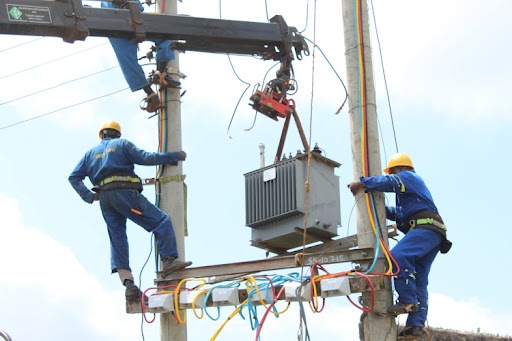Female Genital Mutilation/cutting (FGM/C) is considered as one of the most invasive forms of Gender-based violence.
In Kenya, the harmful practice was made illegal with the promulgation of the 2010 constitution but some communities still hold fast to the craft.
FGM has been known to cause future reproductive health complications for women and often death, but survivors turned activists say the mental health challenges are often overlooked.
Joy Mutie, a survivor of FGM and founder of Afya Africa in Narok, says that the physical pain of FGM is what most people focus on.
“The mental impact of the cut is far-reaching and girls end up carrying the feelings of anger, anxiety, sadness, grief, shame and even depression into adulthood,” she said.
She said that the mental well-being of survivors should also be a focus.
Mutie was speaking during the Girl Generation Festival 2022 on Monday in Athi River to celebrate the International Day of the African Child.
The theme of the festival this year is Making Mental Health and Well-being for girls and Women
Dr Leyla Hussein, the Global Advocacy Director of the Festival, said that it is about time the state also focused on supporting wellness for both survivors and those advocates.
“People working on the frontlines in the war against FGM also face a great amount of trauma from hearing the stories of survivors, to physically going to the grassroots to save girls from the hands of perpetrators,” she said.
Girls from FGM-practicing communities are often forced to undergo the cut at ages as young as seven.
Mutie explained that those who survive the cut end up with reproductive health issues like Fistula, prolonged labour when delivering children and severe hemorrhage.
“Without therapy or counseling, they end up carrying the pain and the bitterness of the cut they underwent all their life which is destructive and may lead to even suicide,” she concluded.









